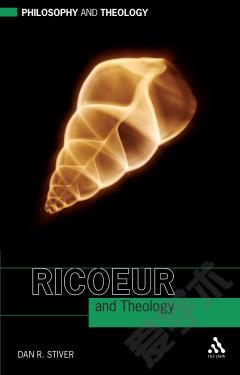Habermas and Theology
How can the world's religious traditions debate within the public sphere? In this book, Nicholas Adams shows the importance of Habermas' approaches to this question. The full range of Habermas' work is considered, with detailed commentary on the more difficult texts. Adams energetically rebuts some of Habermas' arguments, particularly those which postulate the irrationality or stability of religious thought. Members of different religious traditions need to understand their own ethical positions as part of a process of development involving ongoing disagreements, rather than a stable unchanging morality. Public debate additionally requires learning each other's patterns of disagreement. Adams argues that rather than suspending their deep reasoning to facilitate debate, as Habermas suggests, religious traditions must make their reasoning public, and that 'scriptural reasoning' is a possible model for this. Habermas overestimates the stability of religious traditions. This book offers a more realistic assessment of the difficulties and opportunities they face.
{{comment.content}}








 京公网安备 11010802027623号
京公网安备 11010802027623号